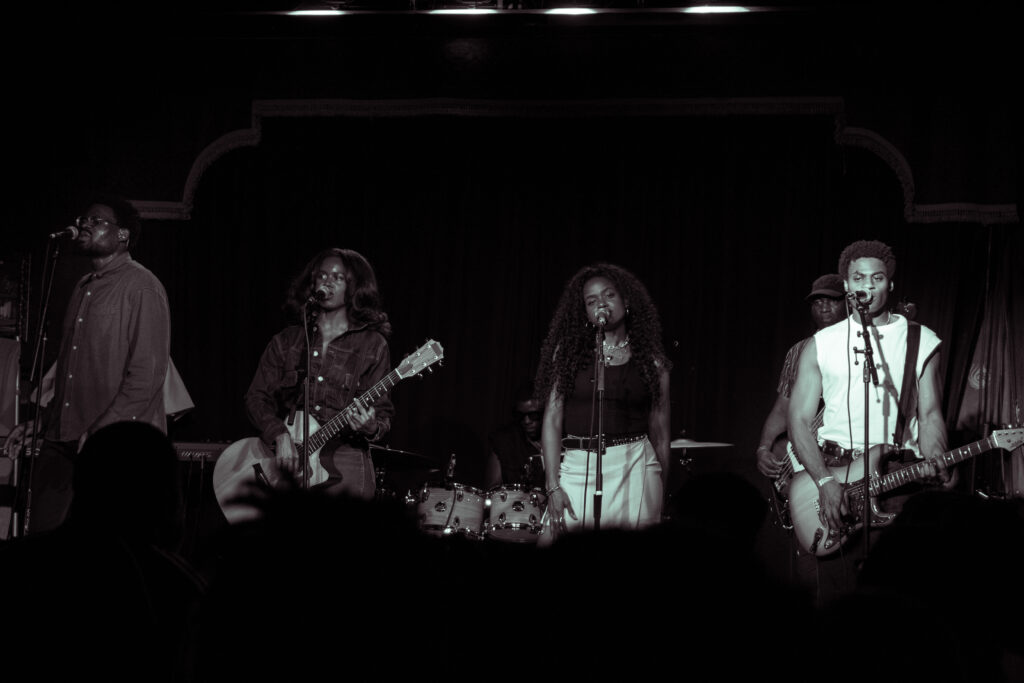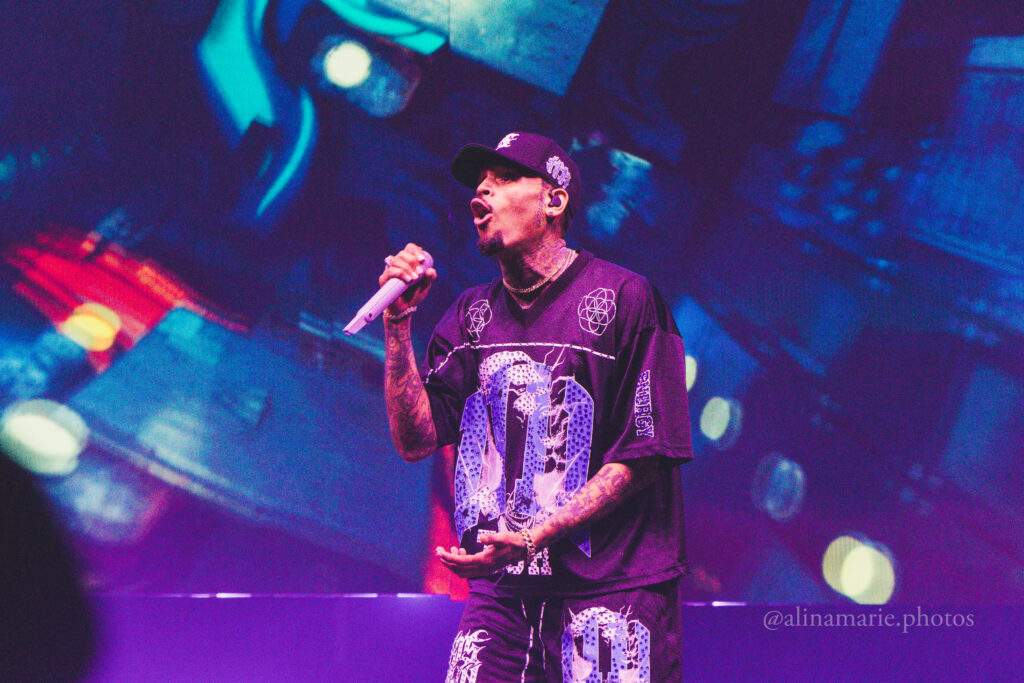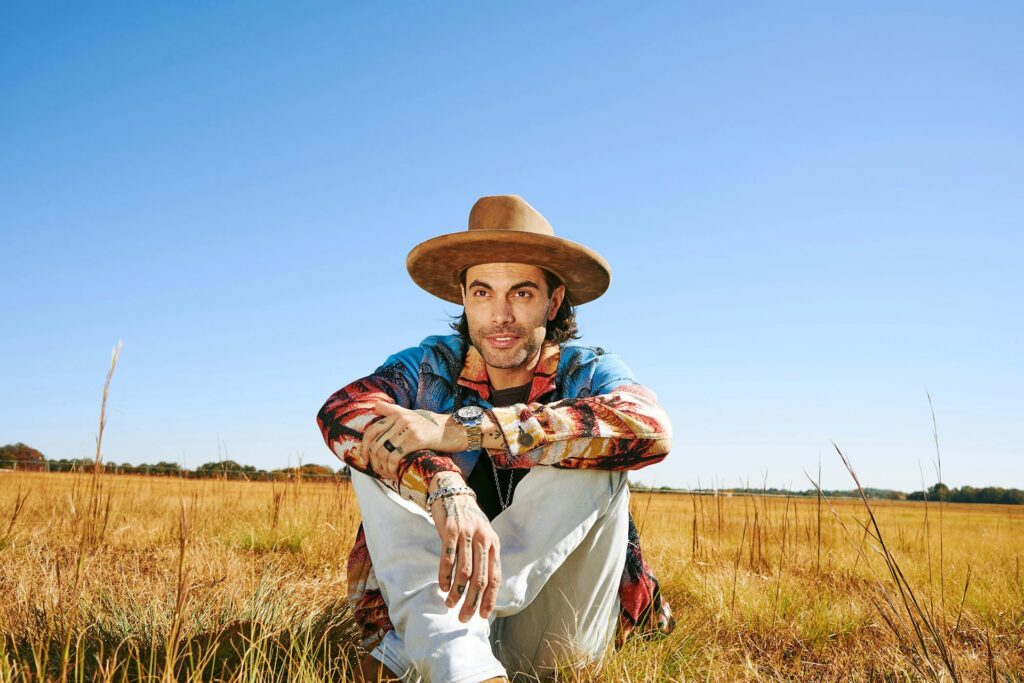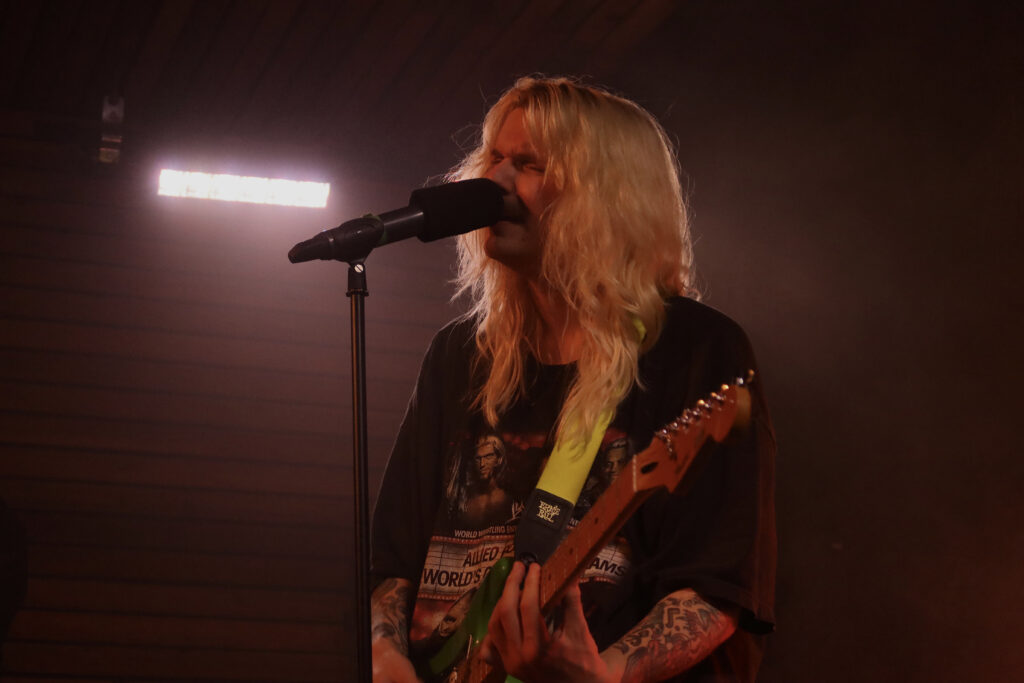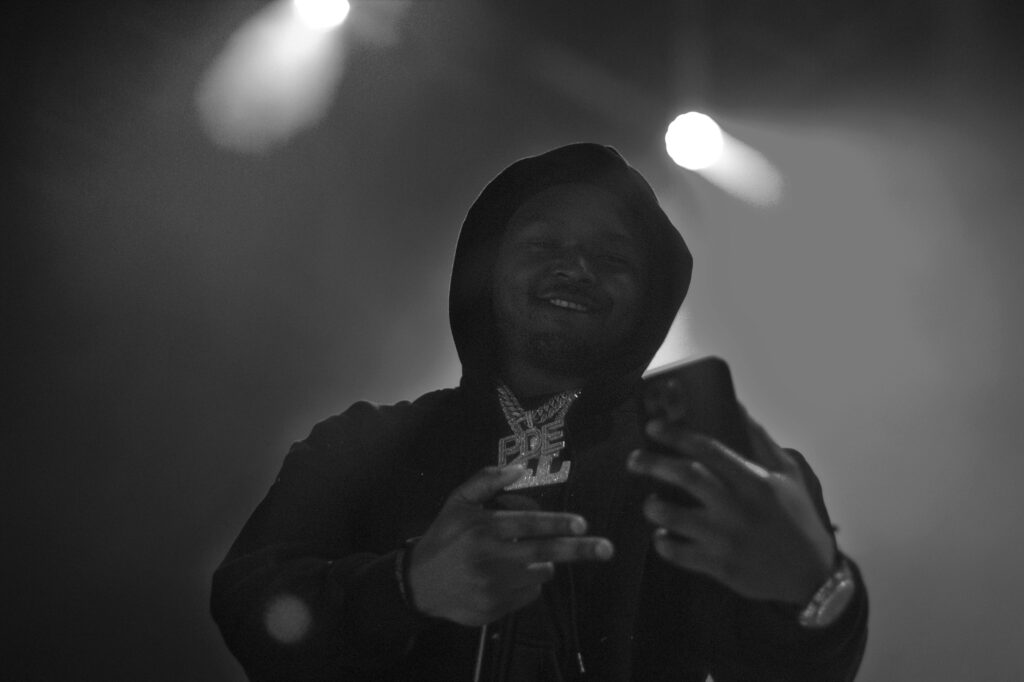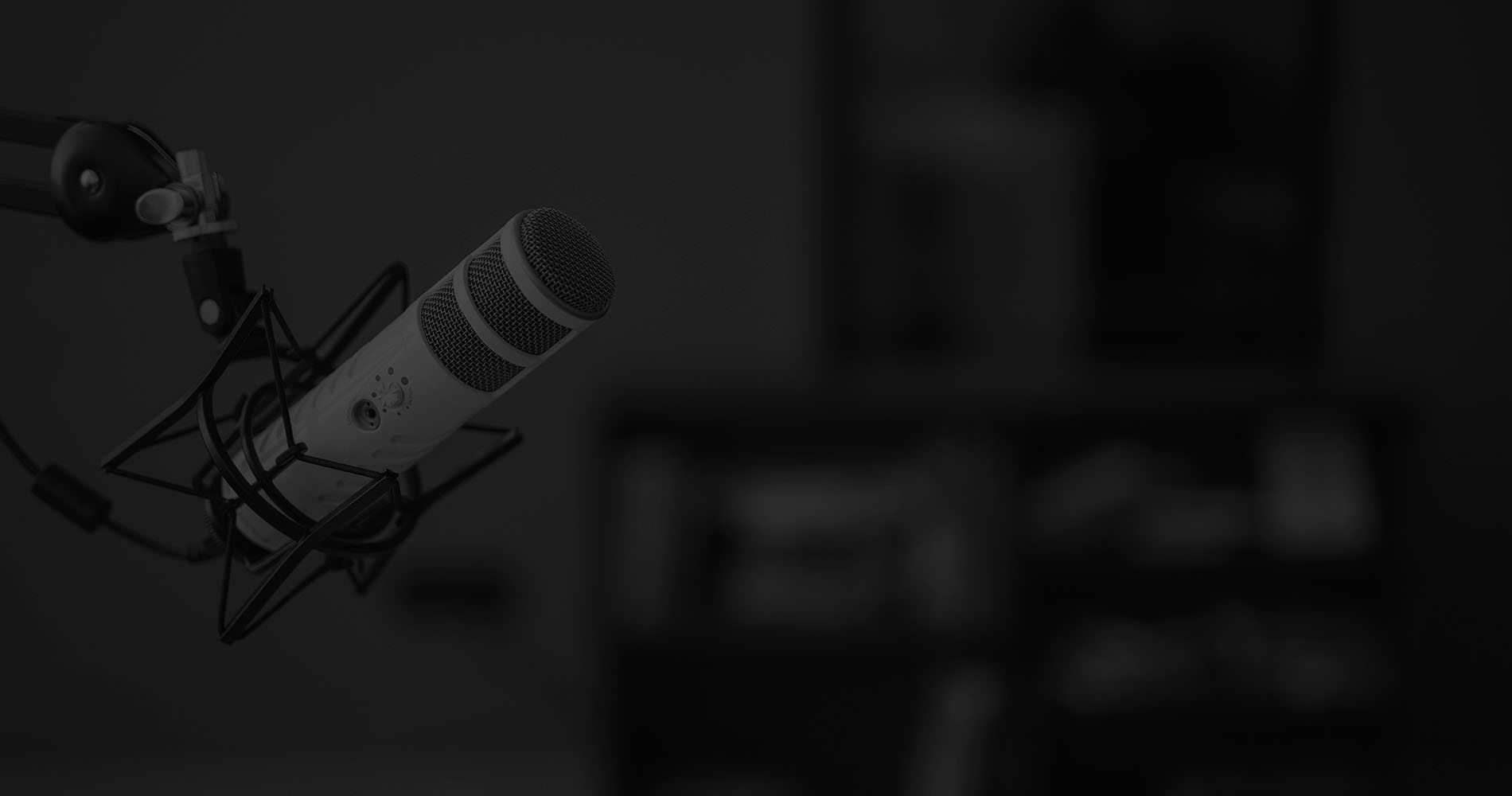How Do Musicians Feel About AI?
Written by Riles Moquin on April 11, 2023
The AI takeover is upon us.
Over the last few months, artificial intelligence – often shortened to simply “AI” – has exponentially grown in popularity, largely courtesy of the introduction of ChatGPT, an AI bot that seemingly has limitless capabilities. Viral social media posts have seen internet users write stories, essays, songs, and more all thanks to ChatGPT.
Alongside ChatGPT, a collection of other AI bots have also piqued the public’s interest. DALL-E, for example, creates images according to specifications provided by the user.
For many, AI developments present a fascinating medium to create captivating end products. Social media is filled with AI creations, from AI art timelapses to Pope Francis in a white puffer jacket.
At the intersection of its many fun perks, though, AI brings a lot of baggage with it for artists, writers, and – of course – musicians. A popular AI tool currently circulating on social media is a Kanye West AI; see the Kanye-I at work here, as it creates a Kanye rendition of Travis Scott’s “90210.” Another one does the same, but with Jay-Z.
Due to the rapid pace in which new AI developments are being released, many musicians are increasingly concerned about whether AI music will eventually grow to displace real, human artists within the industry.
Instead of going to tech bros for their thoughts on creative industries, I decided to actually go to creatives themselves and ask for their thoughts on artificial intelligence and what it could mean for music.
I spoke with several musicians throughout this process, and every single one I had spoken to had told me they have experimented with AI at one point or another. The purposes were varied, as were the exact AI bots the respondents had utilized. Naturally, ChatGPT was the most popular mention.
One respondent – a musician and music teacher – said he had asked ChatGPT to “write a chord progression and give [him] lyrics.” Another said that he uses drum AI as a tool “to help sequence realistic drum patterns.”
As a whole, it’s clear that regardless of the “final verdict” on AI as a whole, many musicians see some of AI’s offerings as potentially useful tools for creativity. Ricky Rubio, a local musician and host of our very own Radio Puma, said as much: “It [AI] can help growing musicians who haven’t learned certain skills or built networks,” Ricky said, “it shouldn’t be viewed as ‘cheating’ as it can’t go anywhere without a human artistic vision.” Ricky proceeded to add, though: “As long as people don’t expect AI to make music from scratch, we should be more tuned in to how this tool helps propel artists forward.”
Alex Erickson – a music producer and Coog Radio’s resident synth expert – characterized his hesitancy a bit stronger. “It [AI] has progressed to the point where you can get above-average results for mixing, mastering, and photo generation,” Alex said, “allowing almost anyone to bypass the ‘beginner’ stages of learning these processes.” When asked about how he feels about AI’s potential impact on music as a whole, Alex described it as a “net negative,” while also downplaying AI music as “technical achievements, but not musical achievements.”
Thus, while Ricky and Alex each had much different ways of arriving at the destination, they both reached a similar conclusion. It’s the same conclusion that many musicians (and artists of all kind) have reached as they – already typically underpaid and underappreciated for their work – have seen viral AI art get more likes in hours than their work may ever receive. AI has its perks, both for entertainment and as a tool or resource for musical artists. But it should stop where it’s a tool, before it displaces talented human creators and their livelihood.
After all, don’t be so sure AI art is truly original. I repeat: don’t be so sure AI art is truly original.
